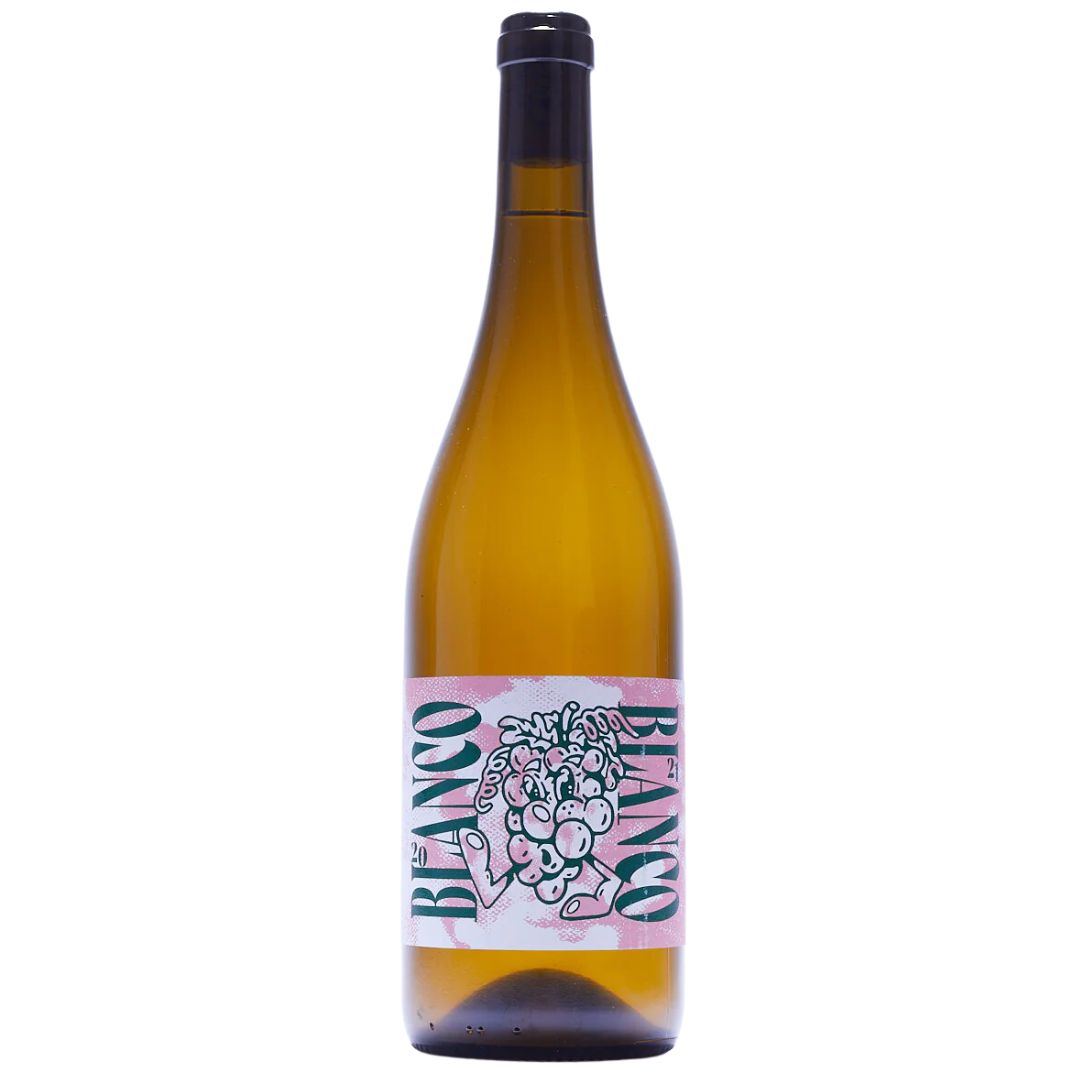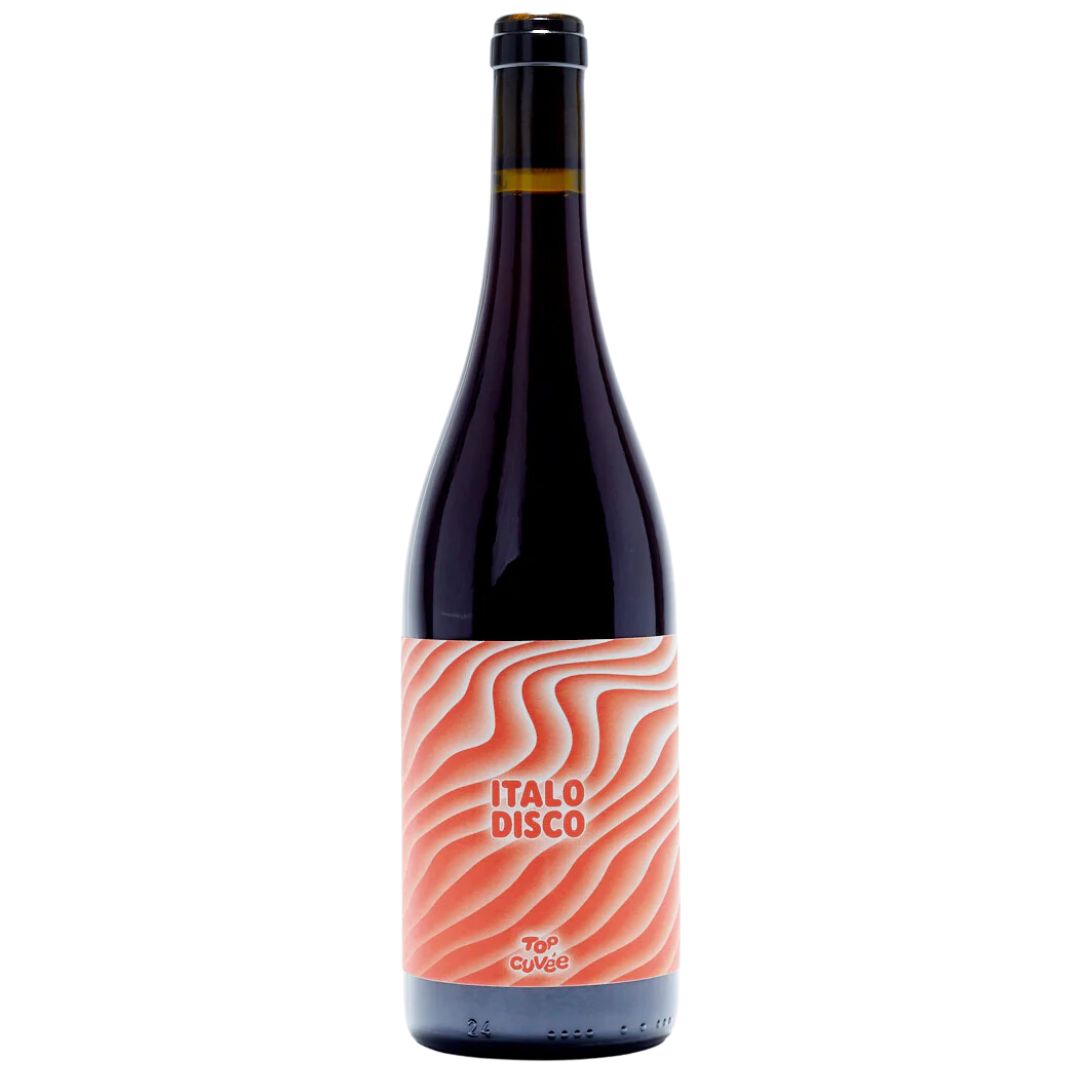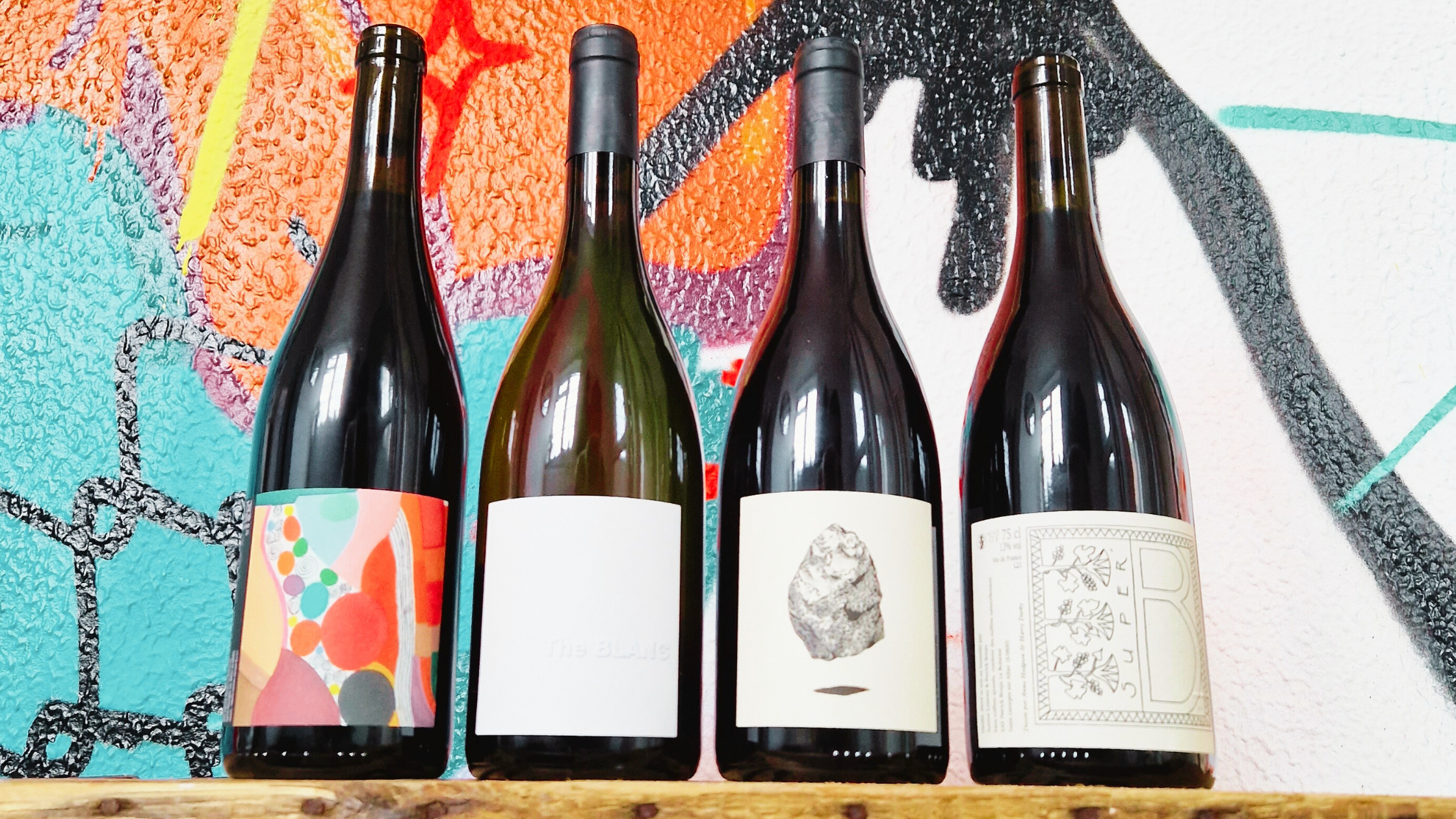What is Considered Natural Wine?

Traditionally Natural wine is a term used to describe a style of winemaking that emphasizes minimal intervention in the vineyard and the cellar. While there is no strict definition or set of regulations governing what constitutes a natural wine, there are general principles and practices that are commonly associated with the movement. These principles include:
Organic or Biodynamic Farming: Natural winemakers often prioritize organic or biodynamic farming practices in the vineyard. This involves avoiding the use of synthetic pesticides, herbicides, and fertilizers.
Hand-Harvesting: Grapes are typically harvested by hand rather than by machines, allowing for careful selection and handling of the fruit.
Wild Fermentation: Natural wines often rely on wild or indigenous yeasts present on the grape skins and in the winery for fermentation, as opposed to using commercially produced yeast strains.

No Additives: Minimal use of additives, such as sulfur dioxide, is a hallmark of natural winemaking. While some sulfur may be used, it is usually in significantly lower quantities than in conventional winemaking.
Unfiltered and Unfined: Natural wines are often unfiltered and unfined, allowing them to retain more of their natural character and flavors. This can sometimes result in a cloudy appearance.
Low Intervention: Winemakers aim to intervene as little as possible in the winemaking process, allowing the wine to express the characteristics of the grapes and the terroir more authentically.
Low or No Use of Oak: Natural winemakers may use minimal or no new oak barrels, preferring stainless steel or old, neutral barrels to avoid imparting strong oak flavors to the wine.
It's important to note that the term "natural wine" does not have a standardized definition, and there can be variations in practices among different producers. The movement is often associated with smaller, artisanal producers who prioritize sustainable and hands-on approaches to winemaking. As the natural wine movement gains popularity, some winemakers may choose to label their wines as "natural" or use terms like "low-intervention" to convey their commitment to these principles.












